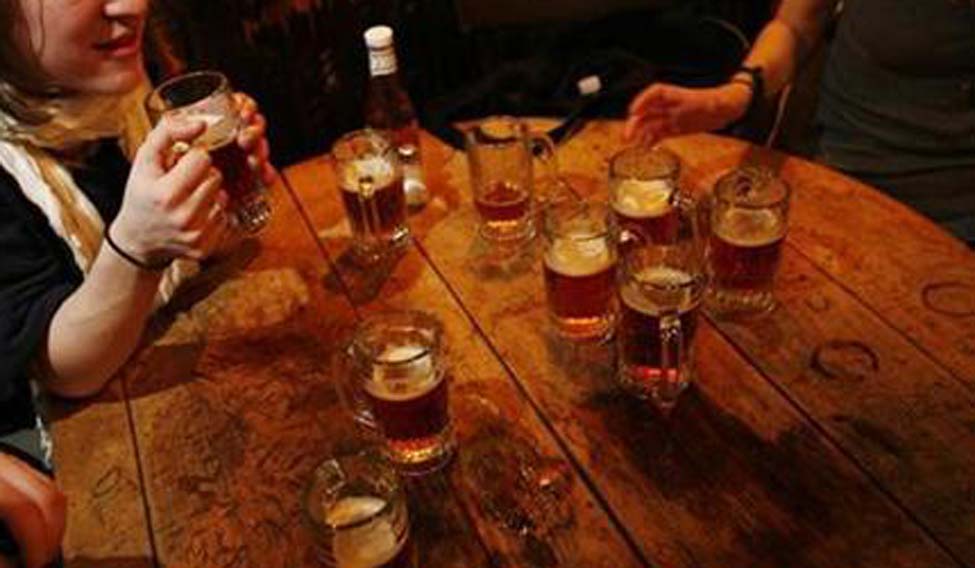Recently, Delhi Deputy Chief Minister Manish Sisodia emphasised that there would be no ban on playing recorded music for L-17 license holders, mainly pubs. This comes after the National Restaurant Association of India (NRAI) representatives met with the excise department to discuss the matter. Earlier, the department had dispatched a circular to restobars that only "live singing/playing of instruments by professionals" were allowed.
The ban was problematic for the food industry because the music played by a restaurant is critical to its identity. The business is massively dependent on recorded tracks, since the industry cannot afford live music. Neither can musicians perform all day long, seven days a week, or replace recorded music in that sense.
Restaurants deliver their best customer experience by their ambience as much as food. They may even co-opt a famous band or genre to attract a particular fan base/audience. The circular came across regressive because, clearly, the excise department’s job is not to dictate what kind of music the restaurant should play.
Delhi, being home to the largest student population and foreign tourists, has a dedicated market catering to nightlife, music and entertainment. A lot of restobars are located close to, or within, residential areas and Delhi University campuses such Hauz Khas Village and Khan Market. The reason the ban was imposed was to address nuisance caused by high volumes.
But it is still difficult to conclude if the problem can be addressed by a ban. This is considering the fact that live music can be as loud as the recorded one. Apart from that, restaurants that didn’t serve drinks could have played recorded music as they do not operate under excise rules.
Taking into account the modern history of any democracy, blanket bans remain controversial. A ban has never been successful in a country like India. Illegal beef trade is a reality in every beef banned city. Liquor ban is a sham in Gujarat, with an underground alcohol industry minting black money for bootleggers, politicians and bureaucrats.
The subject could still be addressed with proper regulations, such as volume levels, which would take everyone’s interest into account. The current removal was a relief for many as otherwise it was bound to have impacted not only the food industry in isolation but entertainment and Delhi tourism also.


